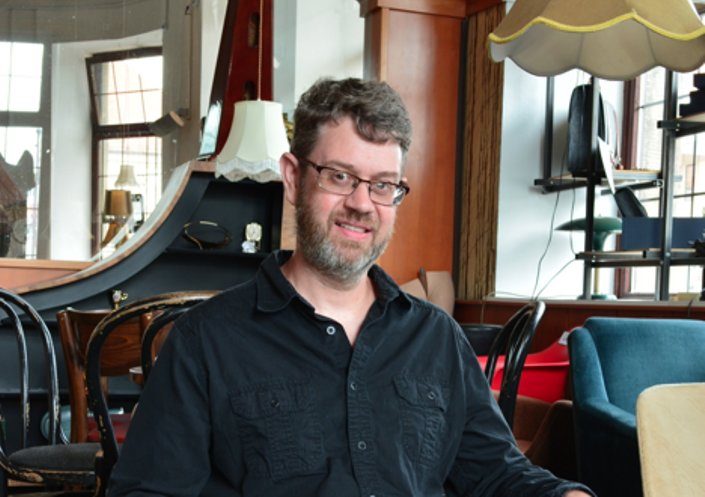Derrida develops political theology without sovereignty: Professor

Clayton Crockett, Professor and Director of Religious Studies program at University of Central Arkansas says that “Writing is the major theme of a large number of French poststructuralists, but for Derrida and others, the location and conditions of postmodernism and deconstruction are less attached to writing and more connected to what Derrida in his later work calls an originary technicity.”
He adds that Derrida “develops a political theology without sovereignty, in contrast to the political theology of Carl Schmitt.”
Following is the full text of the interview:
Q: What has been your main question in your book "Derrida after the End of Writing: Political Theology and New Materialism"?
A: My main question in this book is to address what has been called a 'turn' or a shift in the work of Derrida's later work in comparison with his earlier philosophy. There seems to be a more explicit engagement in questions of politics, ethics, and religion in his later writings and there have been many efforts to analyze and explain this. I argue against any explicit turn or reorientation. My claim is that as Derrida develops his philosophy into the 1980s and 1990s, there is a subtle transformation in the background context of his work and how we understand European philosophy whereby deconstruction becomes less attached to writing.
Q: What Hypothesis did you use to answer this question? What is your central argument?
A: Writing is the major theme of a large number of French poststructuralists, but for Derrida and others, the location and conditions of postmodernism and deconstruction are less attached to writing and more connected to what Derrida in his later work calls an originary technicity. Technicity is the technics of existence that includes repetition and responsibility. This technicity as a condition of our living and thinking produces and reproduces death as its destructive result--think of our weapons--and also at the same time, life as a possibility of responding, of being responsible to any situation of life and thought. I read Derrida's later work along these lines, and suggest that he develops a political theology without sovereignty, in contrast to the political theology of Carl Schmitt.
Q: What was the necessity of writing this book?
A: In Derrida after the End of Writing, I privilege three particular readers of Derrida: John D. Caputo, Catherine Malabou, and Karen Barad. Each of these important philosophers sees Derrida as a thinker of something besides writing, whether in relation to faith (Caputo), plasticity (Malabou), or quantum particle physics (Barad). My conclusion is that we should view Derrida's work from the perspective of what is called New Materialism, as a nonreductive energetic materialism that understands deconstruction in relation to the world not just of language, but events, processes, animals, politics, objects, and even quantum fields.
The necessity of writing this book was to show where and how Derrida's work remains relevant in the 21st century, beyond the stereotypical contexts of literature, linguistics, and language to which it is sometimes confined.
Leave a Comment